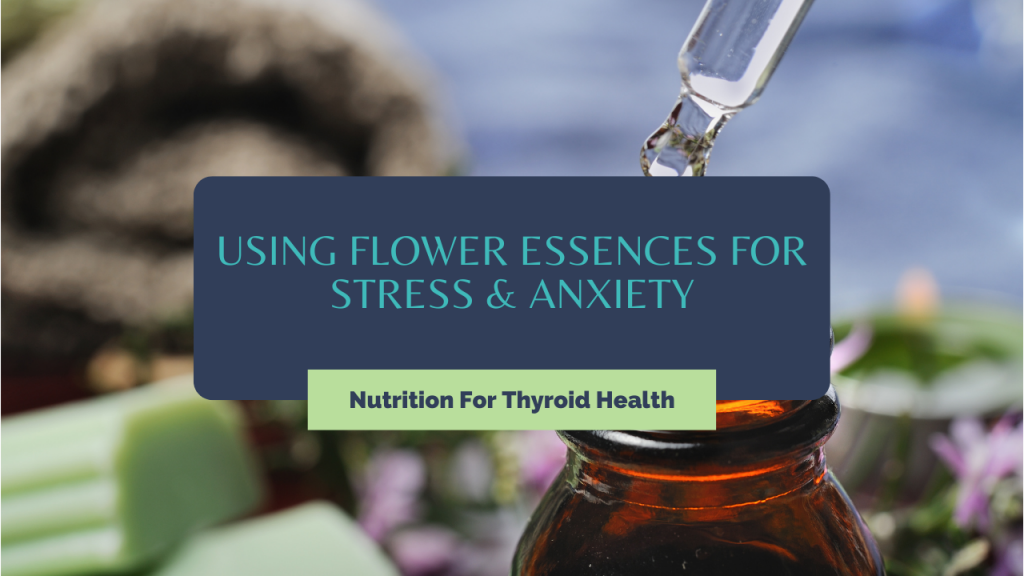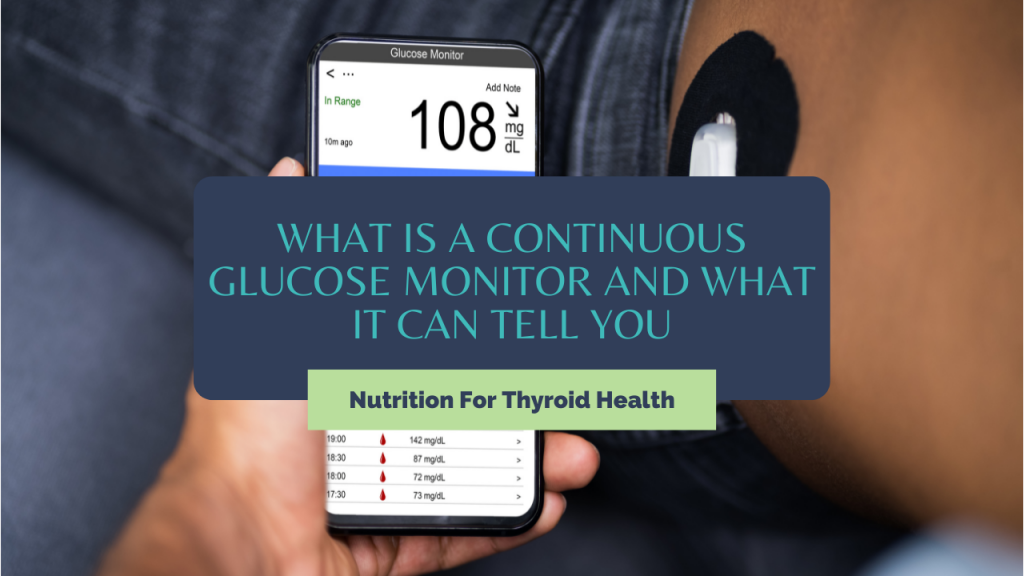How Do I Help My Thyroid Work Its Best?
When people get diagnosed with a thyroid condition, their practitioner will often put them on Synthroid or some other T4 medication. Theoretically, everything should be good to go at this point — the pills should fix everything, and you should start feeling amazing again, right?
In reality, that’s not always the case, as medication alone does not necessarily fix the symptoms of thyroid disease. In the article below, I offer five things you need to have in check to help your thyroid work its best, but first, let’s look at some of the symptoms you might be having if your thyroid isn’t functioning optimally.
What Are the Symptoms of Thyroid Dysfunction?
If you have a thyroid condition, there could be several symptoms that you might be feeling, even if you’re taking medication. These are the top complaints I hear from people I work with and that I have encountered myself, too:
- Fatigue
- Hair thinning or falling out
- Often feeling cold
- Irregular female hormone cycles
- Low libido
- Muscle weakness
- Joint pain
- Anemia
- Food sensitivities
- Allergies
- Tendency to get sick
- Inability to handle stress
If you’re experiencing these symptoms, it’s important to find a practitioner who is willing to conduct a full thyroid panel to check for thyroid dysfunction. This includes testing TSH, free T4, free T3, reverse T3, and certain antibodies. Oftentimes, people go undiagnosed because their practitioner told them their labs were “normal,” even though they feel anything but. If you’re struggling to find a practitioner who can help you dig deeper into your symptoms, reach out to me and I can help you find someone.
In addition to checking thyroid hormones, you’ll want to check other hormones, too — including estrogen, progesterone, testosterone, and adrenal hormones. Together, these hormones need to be working in harmony for you to feel your best.
Optimizing Thyroid Hormones
Getting your hormones to work optimally may be easier said than done, and I can personally attest to how difficult that process can be. Coming off of thyroid cancer treatment, when we were working to optimize my thyroid hormones, my practitioner recommended I go on birth control pills to balance my female hormones. Desperate for a solution, I decided to give it a shot, despite the associated risk of having my cancer come back. Within just a couple months, my tumor markers went up — the very thing I was trying to avoid.
I know so many women who, like me, are desperate for answers and might resort to medication. And I totally get it — no judgments from me. However, it’s important to understand that even if you’re taking medication, you can support your thyroid with certain dietary and lifestyle changes and help your body feel its best. Here are five strategies I recommend:
- Eliminate processed foods as much as possible. Eating junk food can have a huge impact on proper thyroid function.
- Consider getting a micronutrient panel. This will tell you whether you have any nutrient deficiencies, down to the cellular level.
- Other things to check include levels of iron, iodine, vitamin D, zinc, magnesium, selenium, and copper. Vitamin D is especially important for proper immune system function, and a vitamin D deficiency can show up as anxiety, depression, autoimmune disorders, and other conditions.
- Manage your stress. It sounds cliche but working on stress management can have a big impact on getting your thyroid functioning properly. Remember, you can’t control everything that happens in life, but you can control how you choose to respond to daily challenges. Even five minutes a day of mindfulness work or meditation is a great starting point. Also, you might want to add a B complex supplement and eat more citrus as well as good animal protein, as stress depletes the body of B and C vitamins.
- Manage your blood sugar. To keep your blood sugar stable, make sure you’re eating high-quality proteins, fats, and carbs every time you eat. (As for carbs, think complex carbohydrates that are unprocessed, low-glycemic fruits, and a variety of vegetables, not chips and crackers!)
If you can focus on these five areas, it’ll have a domino effect in your body — allowing not only your thyroid but also all your systems to work optimally both together and individually for greater health. If you need more help creating a plan for your specific needs, book a free 30-minute call with me so we can talk through your goals, one step at a time.
How Do I Help My Thyroid Work Its Best? Read More »




